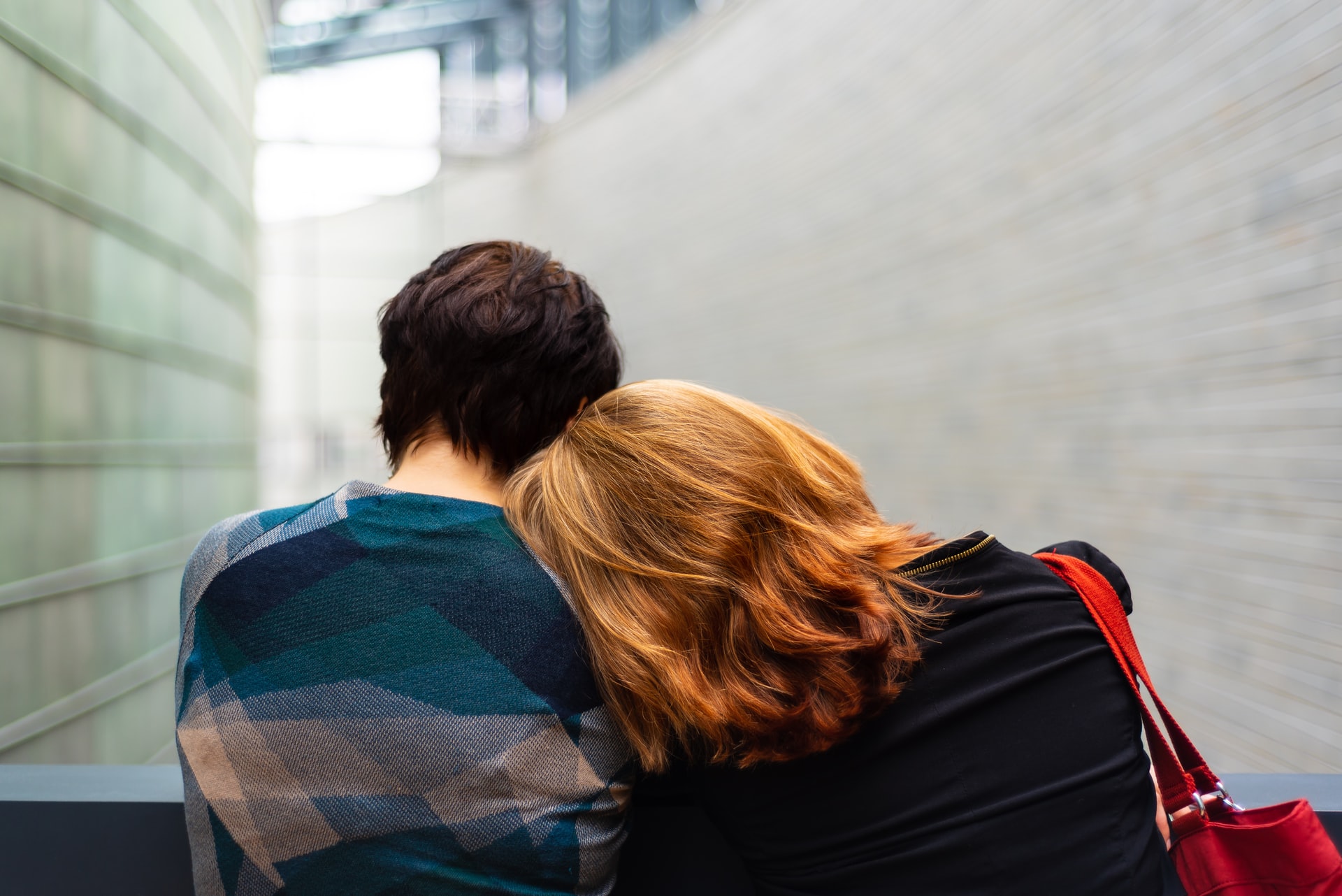In as much as we might want to protect our children from traumatic experiences, it is not always easy. Events triggered by the spread of COVID-19 over the last few months alone have been a great source of anxiety for parents, and according to experts, a culprit of PTSD in young children who have experienced separation from friends and family. Whether it be events outside of our control, or actions and inactions contributing to a traumatic experience for our children, it is crucial to understand what causes trauma and how we can help our children recover from the effects of trauma. We spoke to Elly Wong, Psychologist at Oasis Hospital, to help us better understand trauma, its impact, and how we can prevent it.
What is Childhood Trauma?
Early childhood trauma generally refers to the traumatic experiences that occur to children aged 0-6.

“These traumas can be the result of intentional violence”
Do young children remember traumatic events?
Because infants’ and young children’s reactions may differ from those of older children, and because they may not verbalize their reactions to threatening or dangerous events, many assume that young age protects children from the impact of traumatic experiences. A growing body of research has established that young children may be affected by events that threaten their safety or the safety of their parents/caregivers. Their symptoms have been well documented. These traumas can be the result of intentional violence – such as child physical or sexual abuse or domestic violence – or the result of natural disasters, accidents, or war. Young children also may experience traumatic stress in response to painful medical procedures or the sudden loss of a parent/caregiver.
What are some reactions that my child may have after experiencing a traumatic event?
Traumatic events have a profound sensory impact on young children. Their sense of safety may be shattered by frightening visual stimuli, loud noises, violent movements, and other sensations associated with an unpredictable, terrifying event. The scary images tend to recur in the form of nightmares, new fears, and actions or play that re-enact the event. By lacking an accurate understanding of the relationship between cause and effect, young children believe that their thoughts, wishes, and fears have the power to become real and make things happen. Young children are less able to anticipate danger or to know how to keep themselves safe, and so are particularly vulnerable to the effects of exposure to trauma. A two-year-old who witnesses a traumatic event like his mother being battered may interpret it quite differently from the way a five-year-old or an eleven-year-old would. Children may blame themselves or their parents for not preventing a frightening event or for not being able to change its outcome. These misconceptions of reality compound the negative impact of traumatic effects on children’s development.
Young children who experience trauma are at particular risk because their rapidly developing brains are very vulnerable. Early childhood trauma has been associated with the reduced size of the brain cortex. This area is responsible for many complex functions, including memory, attention, perceptual awareness, thinking, language, and consciousness. These changes may affect IQ and the ability to regulate emotions, and the child may become more fearful and may not feel safe or protected

“Young children depend exclusively on parents/caregivers for survival and protection”
How can I help my child deal with his/her reaction to a traumatic event?
Young children depend exclusively on parents/caregivers for survival and protection – both physical and emotional. When trauma also impacts the parent/caregiver, the relationship between that person and the child may be strongly affected. Without the support of a trusted parent/caregiver to help them regulate their intense emotions, children may experience overwhelming stress, with little ability to effectively communicate what they feel or need. They often develop symptoms that parents/caregivers don’t understand and may display uncharacteristic behaviors that adults may not know how to respond to appropriately.
When should I worry about my child’s reaction to a traumatic event?
Here are some things to watch out for during the weeks and months after an upsetting event:
- Increased thoughts about death or safety
- Problems sleeping
- Changes in appetite
- Anger issues
- Attention problems
- Refusal to go to school
- Somatic complaints like headaches and stomachaches
- Loss of interest in normal activities
- Irritability
- Sadness
- Development of new fears

“To prevent future traumas, they become hyper-vigilant in looking for warning signs that something terrible will happen again.”
What are the symptoms of post-traumatic stress disorder (PTSD) in children?
Many children are exposed to traumatic events at one point or another. While most of them experience distress following a traumatic event, the vast majority of them return to a healthy state of functioning in a relatively short period.
Between 3-15% of girls and 1-6% of boys develop post-traumatic stress disorder (PTSD) following a traumatic event. Children with PTSD may re-experience the trauma in their minds over and over again. They may also avoid anything that reminds them of the trauma or re-enact their trauma in their play.
Sometimes children believe they missed warning signs predicting the traumatic event. To prevent future traumas, they become hyper-vigilant in looking for warning signs that something terrible will happen again.
Children with PTSD may also have problems with:
- Fear
- Depression
- Anxiety
- Anger and aggression
- Self-destructive behavior
- Feelings of isolation
- Poor self-esteem
- Difficulty trusting others
What is a Trauma Screening or Assessment?
Trauma Screening refers to a tool or process that is a brief, focused inquiry to determine whether an individual has experienced one or more traumatic events, has reactions to such events, has specific mental or behavioral health needs, and needs a referral for a comprehensive trauma-informed mental health assessment.
Do I have to get help for my child who shows signs and symptoms of traumatic stress?
Early intervention could prevent your child from experiencing the ongoing effects of the trauma as an adult.
What are some effective treatments available to help my child with traumatic stress?
Depending on your child’s age and needs, treatments such as cognitive behavioral therapy, play therapy, or family therapy may be helpful. Medication may also be an option to treat your child’s symptoms.
Where can a parent/caregiver get support or help to deal with child traumatic stress?
Family support can be vital in reducing the impact trauma has on a child. Here are some ways to support a child after an upsetting event:
- Encourage your child to talk about his feelings and validate his emotions.
- Answer questions honestly.
- Reassure your child that you’ll do everything you can to keep him safe.
- Stick to your daily routine as much as possible.
If your child has been exposed to traumatic circumstances, and you’ve noticed changes in her mood or behavior, talk to her pediatrician. A physician can evaluate your child’s health and, if necessary, make a referral for mental health treatment.
KEEP READING: A Quick Guide to Beijing’s Mental Health Counselors
Photos: Unsplash




